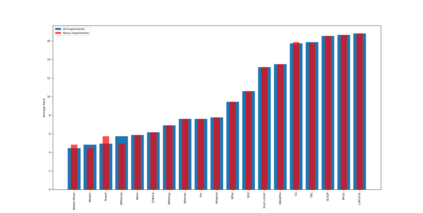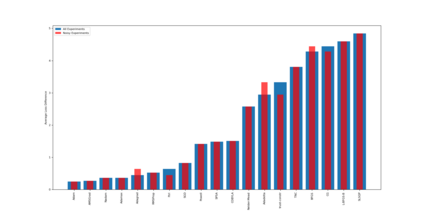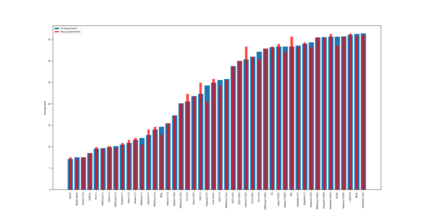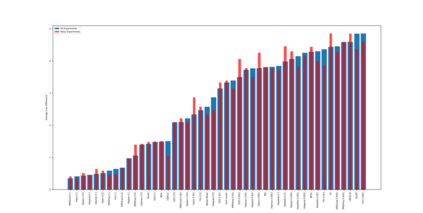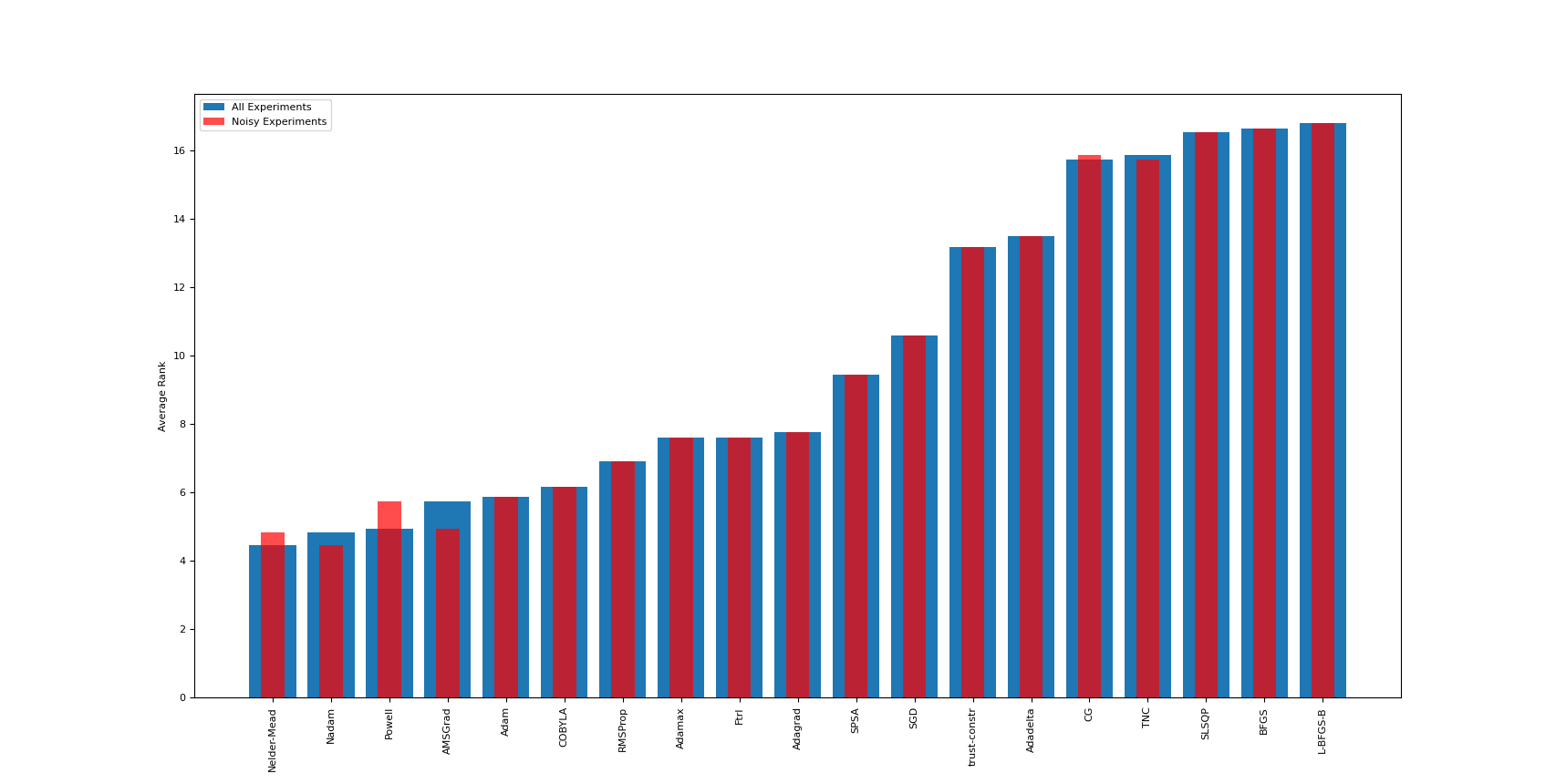Quantum Variational Circuits (QVCs) are often claimed as one of the most potent uses of both near term and long term quantum hardware. The standard approaches to optimizing these circuits rely on a classical system to compute the new parameters at every optimization step. However, this process can be extremely challenging both in terms of navigating the exponentially scaling complex Hilbert space, barren plateaus, and the noise present in all foreseeable quantum hardware. Although a variety of optimization algorithms are employed in practice, there is often a lack of theoretical or empirical motivations for this choice. To this end we empirically evaluate the potential of many common gradient and gradient free optimizers on a variety of optimization tasks. These tasks include both classical and quantum data based optimization routines. Our evaluations were conducted in both noise free and noisy simulations. The large number of problems and optimizers yields strong empirical guidance for choosing optimizers for QVCs that is currently lacking.
翻译:量子变异电路(QVCs)通常被称为近期和长期量子硬件最有力的用途之一。优化这些电路的标准方法依靠古典系统来计算每个优化步骤的新参数。然而,这一过程在飞速缩放的Hilbert复合空间、贫瘠的高原以及所有可预见的量子硬件中出现的噪音方面都可能极具挑战性。虽然在实践中采用了各种优化算法,但这种选择往往缺乏理论或经验动机。为此,我们实证地评估了许多通用的梯度和梯度自由优化器在各种优化任务方面的潜力。这些任务包括基于传统和量度数据的优化常规。我们的评估是在无噪音和噪音模拟中进行的。大量问题和优化器为目前缺乏的QVC选择优化器提供了有力的经验指导。

